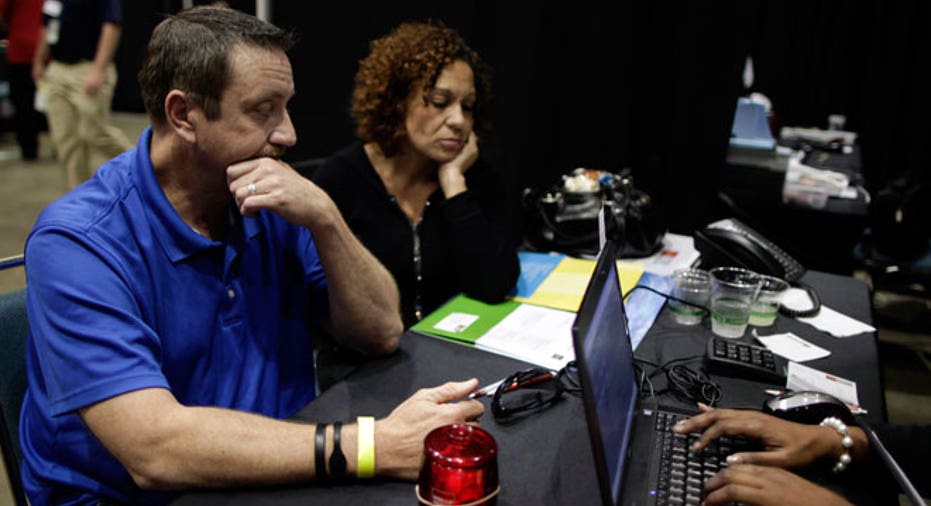What Rising Interest Rates Means for Buyers

Interest rates on home loans may still be hovering near record lows, but experts say rates aren’t expected to stay this low for much longer. As the economy and housing market continue to improve, home buyers should expect to see interest rates tick up, which can have a big impact on their buying power.
“Interest rates will start to rise into January and throughout the year,” says Michael Corbett, Trulia's real estate expert. “Most people don’t realize how much this affects them.” Even a tiny change in rates can affect their buying power, he says.
Rewind three decades, and homeowners’ were facing interest rates hovering around 11%, but the 2008 housing bubble burst changed the structure of the housing market and sent interest rates and home prices plunging.
Over the last year, as the economic recovery continues and the housing market stabilizes, interest rates have been creeping up. According to Bankrate.com, mortgage rates on a 30-year fixed rate loan are currently at 4.39%, an increase of 0.17 from last week when rates stood at 4.22%. Although rates are still extremely favorable for buyers, many economists expect them to continue to rise in 2014. Bob Walters, chief economist at mortgage lender Quicken Loans, says he wouldn’t be surprised if rates climbed into the 5% to 6% range next year, which means the amount buyers may have put away today to purchase a home will get them a lot less in 2014.
Consider this example: A $500,000 home with a 20% down payment and a 30-year fixed mortgage at 4.13% will cost about $2,481 a month including taxes, interest and insurance, according to Corbett. Over 30 years, once the house is paid off, it will have cost $893,315. Under that same scenario, but with a 5% interest rate, that house will cost $2,688.95 a month including taxes and interest. Over the life of the loan, the home owner would have ended up paying $968,000, almost $75,000 more, he says. If the rate goes up to 8%, the home owner would be paying $3,476 a month and the home will end up costing more than $1.25 million.
“People don’t really like to project you what the home really costs when you include the interest because it’s depressing,” he says. “I often hear people say I bought this house for $200,000 and 20 years later I sold it for $500,000 and made a $300,000 profit. That’s not true because they are paying so much in interest.”
While it’s impossible to avoid paying an interest rate on a mortgage, real estate experts say there are ways for buyers to protect themselves in a rising-interest rate environment. According to Corbett, the majority of home buyers would be better off going with a fixed-rate loan, whether it’s for 30 years or 15 years. Some mortgage lenders allow borrowers to choose the length of their loan that best meets their financial needs. “Fixed rate loans are at remarkable rates so you want to lock them in,” says Corbett. “There’s no reason to do an adjustable rate mortgage.”
Adjustable rate mortgages, or ARMs, were a popular lending vehicle during the real estate boom that led up to the 2008 bubble burst. They allow borrowers to take out a loan with a very low interest rate for a fixed term, say five, seven or 10 years, but then once the pre-determined time period ends, the rate shoots up to the current level, causing many people to no longer be able to afford their monthly payments.
Although an ARM doesn’t make sense for a lot of borrowers, Walters says it is a smart choice for people not planning on staying in a home for long. “ARMs are situational,” he says. “A lot of people should never take an ARM and a lot of people should never take a fixed loan.”
For home owners with existing mortgages, real estate experts recommend shopping around for better rates—they might have missed the bottom, but they could end up saving a significant amount of money. “It’s surprising how many people still have interest rates above 5%,”says Walters. “Many folks can save a substantial amount of money refinancing. There’s still a large number of people paying more than they need to.”



















